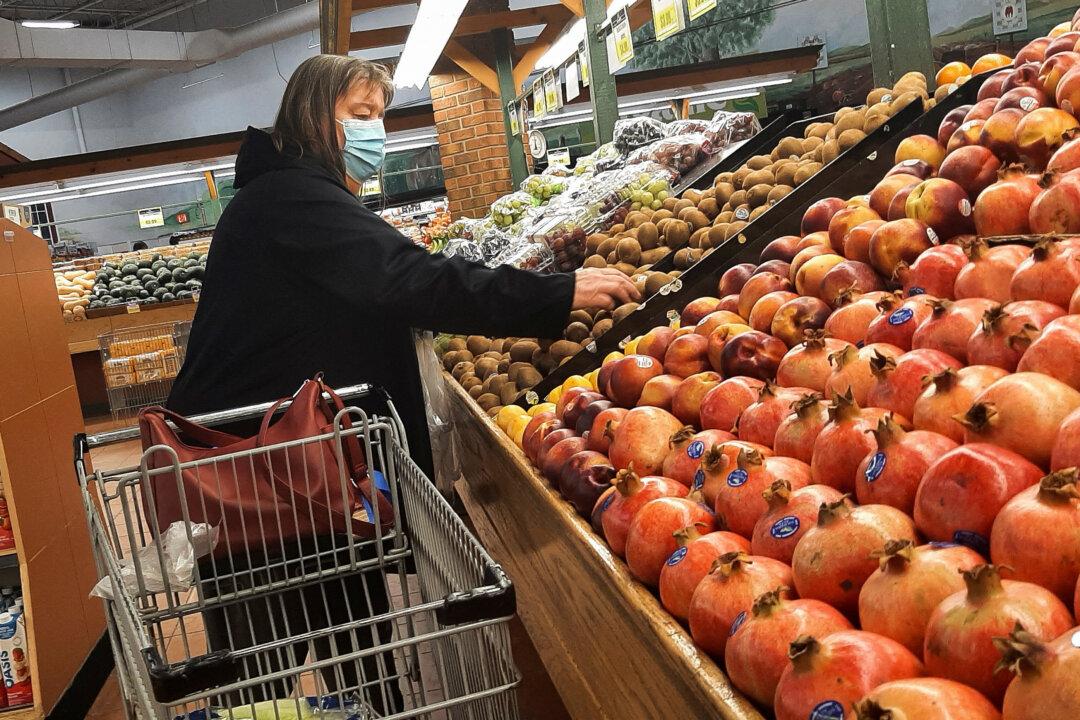HONG KONG—Hundreds of Hong Kong protesters singing “God Save the Queen” and waving Union Jack flags rallied outside the British Consulate on Sunday demanding that the former colonial power ensures China honors its commitments to the city’s freedoms.
The Chinese-ruled territory has been rocked by weeks of sometimes violent pro-democracy protests, with demonstrators angry about what they see as creeping interference by Beijing in their city’s affairs despite a promise of autonomy.
The Sino-British Joint Declaration, signed in 1984, lays out Hong Kong’s future after its return to China in 1997, a “one country, two systems” formula that ensures freedoms not enjoyed on the mainland.
“Sino-British Joint Declaration is VOID,” one placard read. “SOS Hong Kong,” read another.

“One country, two systems is dead,” they shouted in English under the sub-tropical sun, some carrying the colonial flag also bearing the Union Jack. “Free Hong Kong.”
Some broke into a refrain of “Rule Britannia.”
With many young people looking for routes out of Hong Kong, campaigners say Britain should change the status of the British National (Overseas) passport, a category created, on certain conditions, after Britain returned Hong Kong to China.
The passports allow a holder to visit Britain for six months, but do not come with an automatic right to live or work there.
“I am here to demand the UK protect our citizens’ rights in Hong Kong and speak up for Hong Kong under the Joint Declaration,” Jacky Tsang, 25, told Reuters.
‘Legally Binding’
China says it is committed to the “one country, two systems” arrangement. It denies meddling in Hong Kong’s affairs and says the city is an internal issue for China to resolve. It has accused foreign powers, particularly the United States and Britain, of fomenting the unrest and told them to mind their own business.Britain says it has a legal responsibility to ensure China abides by the 1984 declaration.
Hong Kong island was granted to Britain in 1842 at the end of the First Opium War. Kowloon, a peninsula on the mainland opposite Hong Kong island, joined later, after the Second Opium War.
The colony was expanded to include the New Territories, to the north of Kowloon, on a 99-year lease, in 1898.
Britain returned all of the territory to China in 1997.
“The Joint Declaration is a legally binding treaty between the UK and China that remains as valid today as it was when it was signed and ratified over 30 years ago,” a British Foreign Office spokeswoman said in June.
“As a co-signatory, the UK government will continue to defend our position.”
But it was not immediately clear what Britain could or would want to do to defend that position.
The Civil Human Rights Front has also called for a mass rally in Victoria Park, just to the east of the central business district, but police have denied permission because of earlier clashes after huge gatherings.
Protesters are expected to turn up early in the afternoon anyway.





